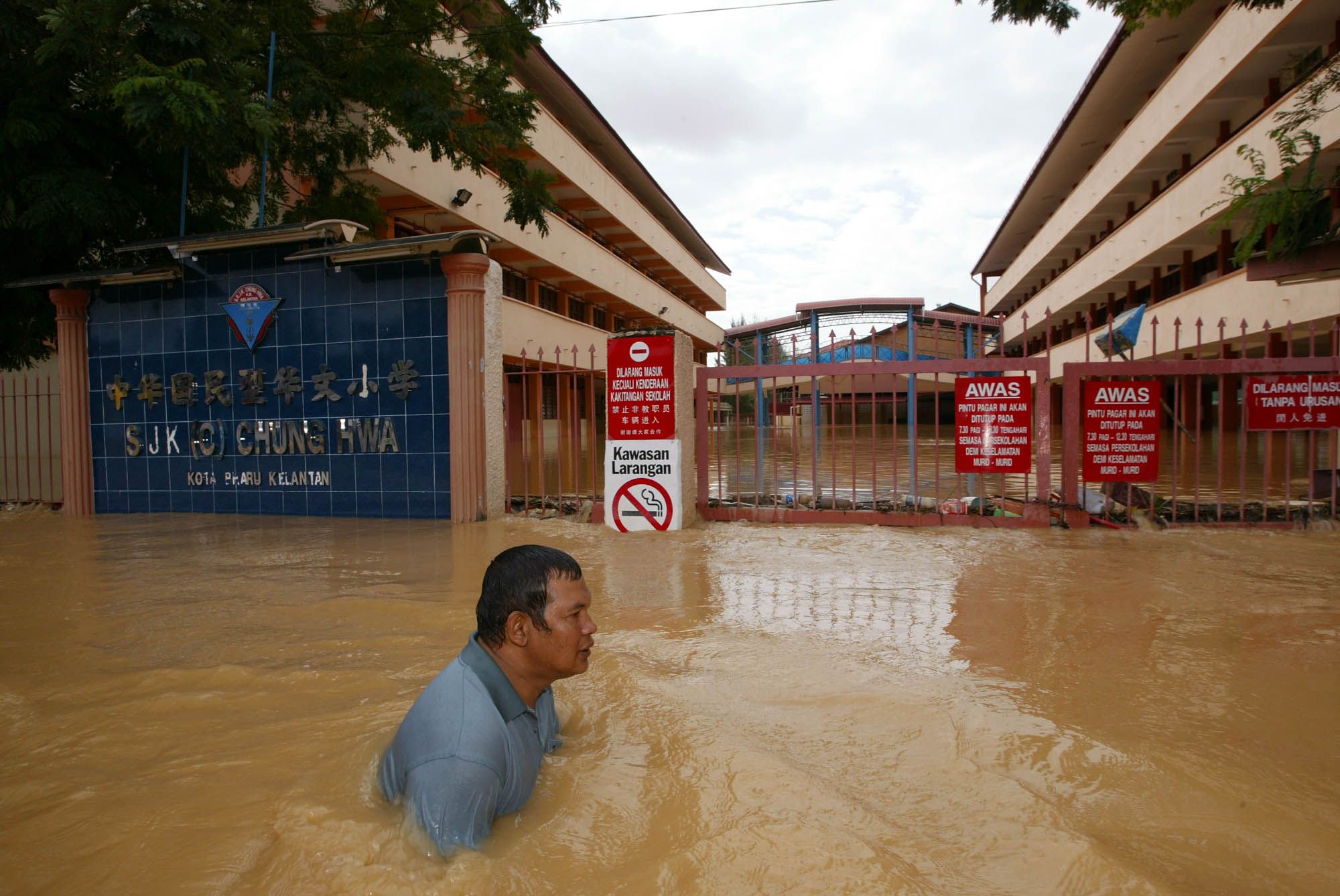
It used to be all about polar bears and trees, but these days climate scientists are paying more attention to people.
For years, climate change studies tended to rely on numbers-heavy charts and complex models to report on phenomena such as shrinking polar ice caps; melting glaciers and permafrost; caribou, reindeer and seal populations declining; and rising sea levels from Nigeria to the Maldives to the South Pacific.
But in recent years, ethnographers, sociologists and think tanks have begun looking more closely at the social and cultural impacts of climate change on indigenous communities. Studies have been published on subjects including the Wauja people in Brazil, who are impacted by the shrinking Amazon rain forest; Sami reindeer-herding communities across a warmer northern Finland, Sweden and Norway; Bantu- and Khoisan-speaking tribes in the bone-white Kalahari Basin in sub-Saharan Africa; and subsistence communities in Bangladesh and Malaysia whose coastal settlements are at risk of flooding from typhoons, monsoons and higher sea levels. Such research reflects a growing realization in academic and policy circles that cultures and societies tied to nature have multigenerational knowledge that gives them special insight into changes in nature.
"In the last decade, it suddenly struck everybody that the impact on people is really important and not just an afterthought," says Douglas Causey, a biological sciences professor and director of the Applied Environmental Research Center at the University of Alaska, Anchorage. "There is an increasing realization that climate change is more than a scientific artifact."
In 2014, Earth had its hottest year since weather record-keeping began 135 years ago. The 10 hottest years on record have all occurred since 1998, with nine of the total in the 21st century, according to NASA and the National Oceanic and Atmospheric Administration. Recent studies show changes happening more quickly than predicted. The journal Science reported in March that the southern Antarctic ice sheet suddenly began losing its mass in 2009 at a steady, fast rate.
There is also growing interest in the geopolitical effects of climate change. The Brookings Institute estimates that for every percentage point rise in average temperature and drop in average rainfall, violent conflict between neighboring states rises 4 percent, while violent conflict between groups within states climbs 14 percent. Scholars foresee new shipping routes opening up as the Arctic ice cap shrinks, potentially leading to military conflicts, particularly with Russia, which planted a flag on the seabed below the North Pole in 2007 and has some 4,300 miles of Arctic coastline.
In violence-plagued northern Mali, a desiccated landscape of dust and mud huts where the average rainfall is a third less than it was nearly two decades ago, scholars recently blamed a climate change–induced drought for fueling conflict between Tuareg separatist rebels, who need water and grass for their cattle herds, and government-backed forces. In March, the National Academy of Sciences published a peer-reviewed study stating that "there is evidence that the 2007–2010 drought contributed to the conflict in Syria. It was the worst drought in the instrumental record, causing widespread crop failure and a mass migration of farming families to urban centers." Some studies suggest climate change will produce permanent refugees.
A Pentagon report from last October said, "Climate change poses immediate risks to national security." Chuck Hagel, then defense secretary, called climate change "a threat multiplier" that could exacerbate the spread of infectious diseases and armed insurgencies. President Barack Obama picked up that thread in May, telling graduating cadets at the United States Coast Guard Academy that climate change "constitutes a serious threat to global security, an immediate risk to our national security, and, make no mistake, it will impact how our military defends our country."
Uncommon Knowledge
Newsweek is committed to challenging conventional wisdom and finding connections in the search for common ground.
Newsweek is committed to challenging conventional wisdom and finding connections in the search for common ground.
About the writer
To read how Newsweek uses AI as a newsroom tool, Click here.








